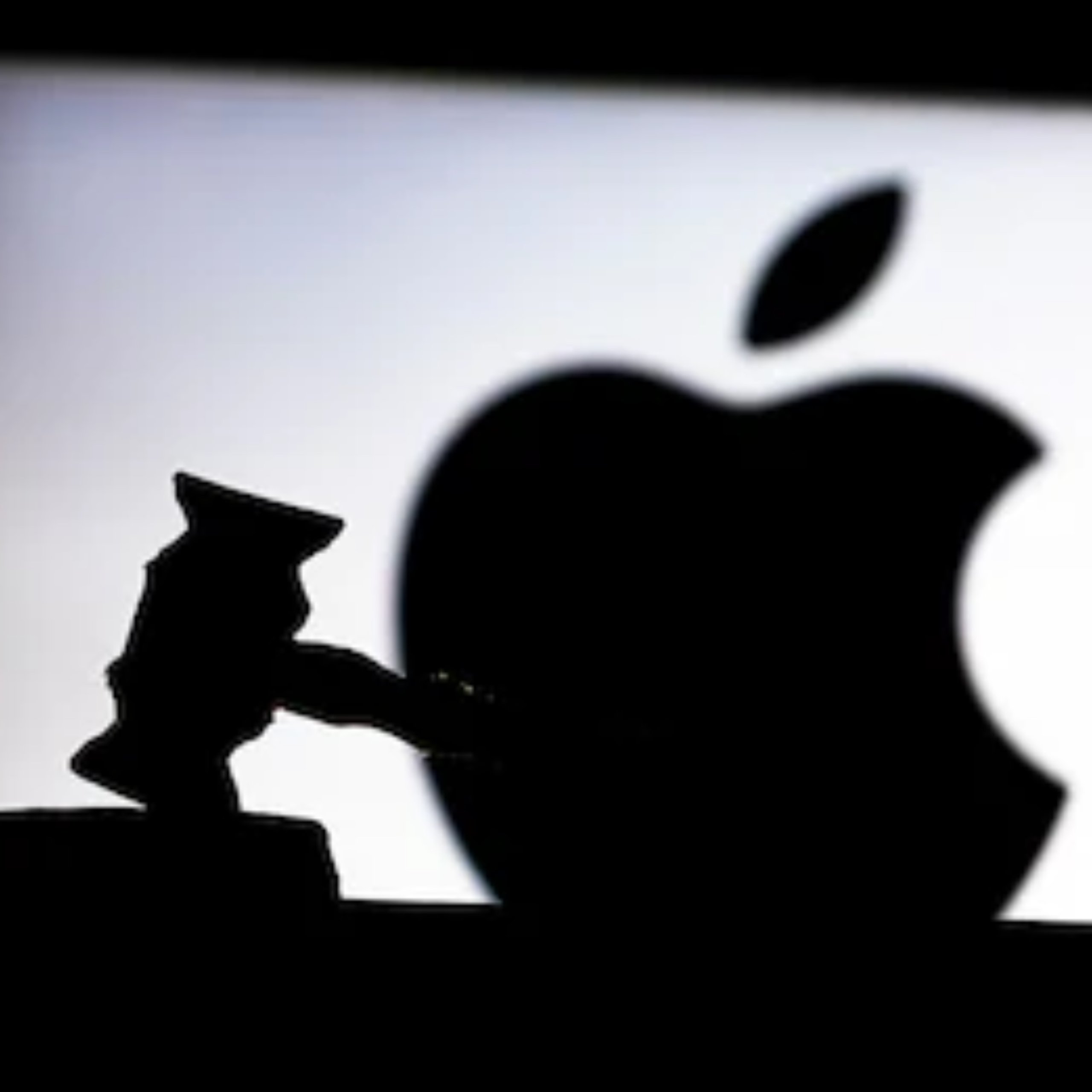The European Court of Justice (ECJ) has cracked down on Apple, demanding a tax payment of more than $14.4 billion to Ireland. The smartphone giant was penalized by the ECJ for leveraging illegal tax advantages in Ireland in 2016. Despite persistent attempts by the Irish government to initiate tax paybacks in the last eight years, Apple refused to comply with regulations.
The court confirmed that Apple received unlawful aid from Ireland in 2016 and legally authorized Ireland to reclaim tax funds from the tech giant. The 2016 European Commission decision covered a period between 1991 and 2014, during which two Apple subsidiaries based in Ireland were exempt from paying tax on their profits. These under-the-table arrangements were deemed illegal as this tax privilege was not extended to other players in Ireland’s tech landscape.
“Today is a big win for European citizens and for tax justice.
The Court of Justice confirms that Ireland granted Apple unlawful aid which Ireland now has to recover, and the Commission’s decision in the Google Shopping antitrust case.”
— Executive Vice President @vestager pic.twitter.com/1Fko0F66S2
— European Commission (@EU_Commission) September 10, 2024
The original ruling in 2016 marks a period when the European Commission vowed to crack down on unique tax arrangements forged by tech conglomerates to evade taxation. In light of the 2024 ruling, Ireland can reclaim “lost taxes” from Apple, amounting to €13 billion. “The European Commission is trying to retroactively change the rules and ignore that, as required by international tax law, our income was already subject to taxes in the US. We are disappointed with today’s decision, as previously the General Court reviewed the facts and categorically annulled this case,” said an Apple representative.
The 2024 ruling by the European Commission declares an official end to a tumultuous legal back and forth between Apple and the Irish government. The Apple lawsuit is not an isolated courtroom saga; European top courts have also fined Google for “abusing the market dominance of its shopping comparison service.”






